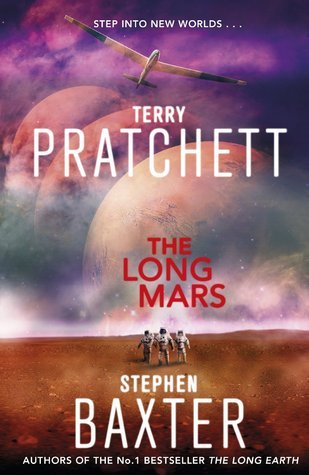What do you think?
Rate this book


353 pages, Hardcover
First published January 1, 2014
Opening the garage door and what Johnny found there
Johnny knew he shouldn't open the garage door, he knew the rumours. Nobody who opened this door ever left here alive. But, dammit, he really liked that Spongebob Squarepants balloon he'd won at the fair, and he wanted it back. And so, tentatively, he opened the garage door, then gasped at what he found there.
Johnny survives the alien invasion then dies, without pants
The war was over, the alien invaders defeated. For all their fancy technology it turned out that, ironically, the aliens were not immune to having thermonuclear bombs blown up in their face. Unfortunately neither was Johnny. He leant back against the wreckage of the alien ship, enjoying his last few breaths and without any regrets. Well, no regrets except one. As he drew his last breath he really wished he hadn't lost his pants.